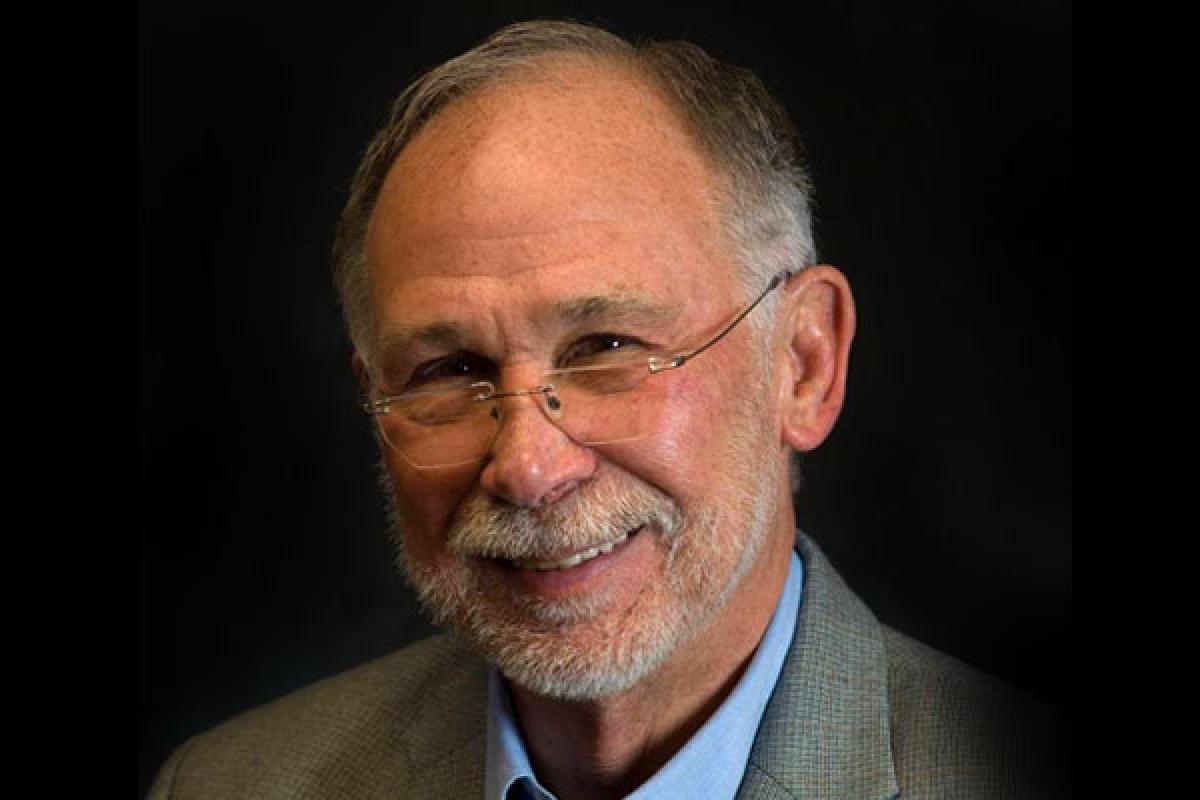The selection of the State Public Health Officer is unique to Alabama. All other agency heads — those in Transportation, Corrections, Conservation, Mental Health, Youth Services, and others — are selected by the governor and subject to the advice and consent of the Senate. That means all agency heads in Alabama are subject to selection and vetting by elected officials. But not Alabama’s State Public Health Officer.
The State Public Health Officer is hired and can be fired, by a board dominated by physicians. These physicians are members of the Medical Association of the State of Alabama (MASA), a dues-paying organization and a wealthy and powerful lobbying group. Its membership is composed of a fraction of Alabama’s licensed physicians, but according to the Alabama Department of Public Health website, MASA doubles as “the State Board of Health.” There is no other state in the nation that allows free reign of a Department Head without oversight by elected officials.
The State Public Health Officer, based on laws and regulations passed in the 1800s, is powerful. Powerful enough to shut down businesses, shutter church doors, and close schools. This was done in Alabama during the Covid pandemic, and all it took was a declaration from the Public Health Officer. Neither the governor nor the legislature had the authority to override his decision. No other state in the nation allows this kind of autonomy.
Sadly, the State Public Health Officer appears to be a prime example of regulatory capture. Regulatory capture is a form of corruption occurring when a political entity, policymaker, or regulator is co-opted to serve the commercial, ideological, or political interests of a minor constituency, such as an industry or profession.
When regulatory capture occurs, a special interest is prioritized over the general interests of the public, leading to a net loss for society. Regulatory capture occurs when most or all benefits of a program go to some single, reasonably small interest, while most or all the costs, and loss of benefits, are borne by a large number of people — our citizens, for example.
The remedy to such blatant overreach of authority through the State Public Health Officer is to change the law. An attempt was made to do this in the 2021 legislative session through Senate Bill 240. The proposed bill had two major components:
A. The State Public Health Officer would be chosen by the governor and confirmed by the Senate.
B. The State Board of Public Health would have representatives from a variety of health professions.
The proposal was very popular in the Senate. Support was bipartisan, and 19 out of 35 senators co-sponsored the bill, more than enough for passage if it got to the Senate floor.
The first hurdle was the Senate Health committee, and the bill passed eight to three, allowing it to go to the floor of the Senate. The two physicians on the Health Committee voted no, incidentally.
Once the bill was favorably reported out of the Health Committee, it went to the Rules Committee to be placed on the agenda for the Senate floor for debate and vote. But a member of the Senate leadership blocked the bill, not allowing it to come before the entire Senate for debate and vote. The bill died in the Rules committee because of one senator.
Persistence is a key ingredient to success in the legislative process. It is my hope that a statesman from the Senate or House will reintroduce this bill in the upcoming 2023 session.
Don't miss out! Subscribe to our newsletter and get our top stories every weekday morning.










